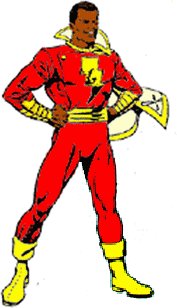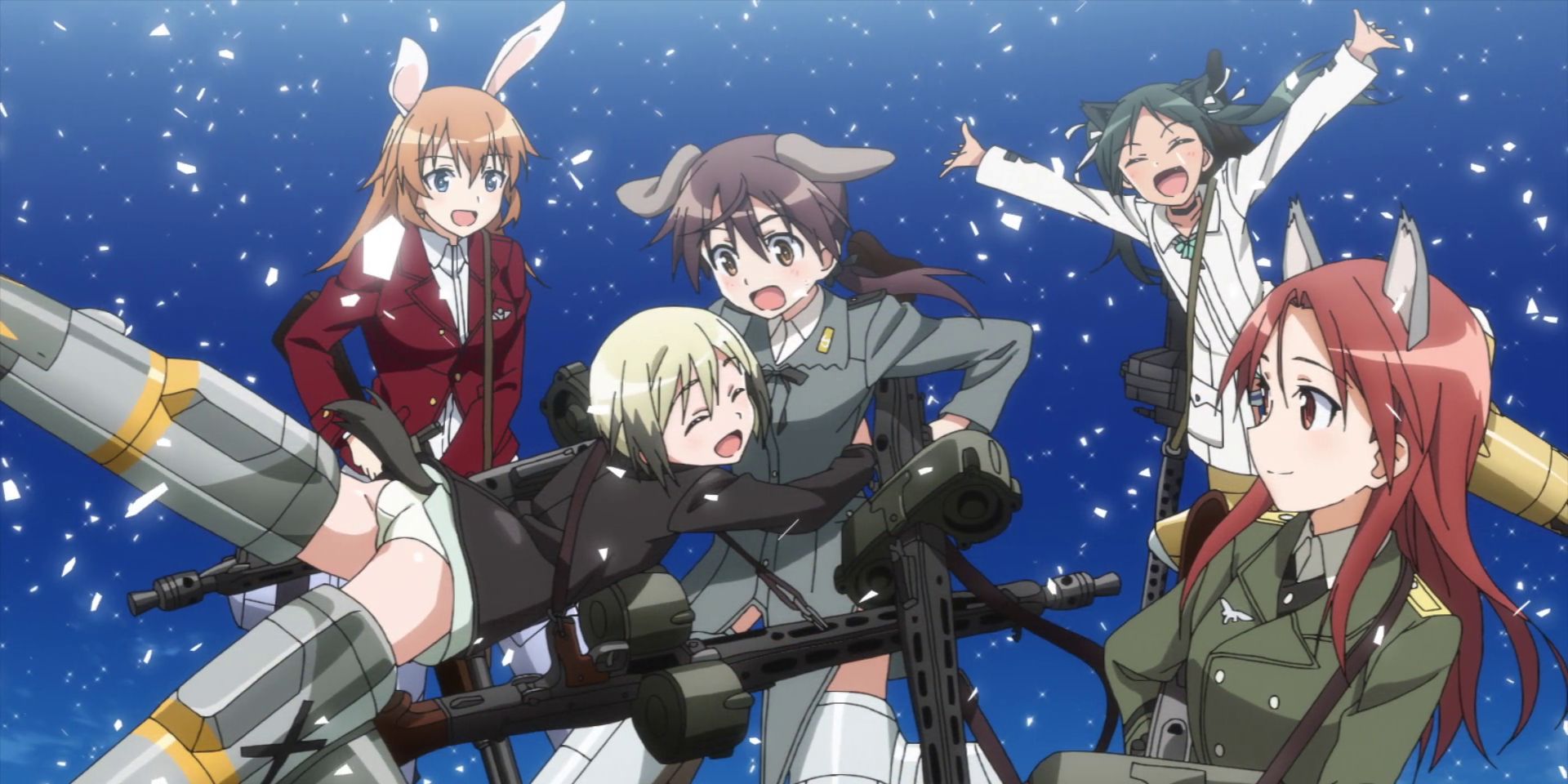Kinda makes ya wonder what kind of movies he would make then? Maybe instead of The Patriot being set in the American Revolution, it's set during the Napoleonic wars or unification wars. And Midway could be set anywhere really, but probably on the European front of the SGW somewhere.He would most likely remain in Germany
You are using an out of date browser. It may not display this or other websites correctly.
You should upgrade or use an alternative browser.
You should upgrade or use an alternative browser.
So what would he repeatedly blow up instead of the White House?Kinda makes ya wonder what kind of movies he would make then? Maybe instead of The Patriot being set in the American Revolution, it's set during the Napoleonic wars or unification wars. And Midway could be set anywhere really, but probably on the European front of the SGW somewhere.
The Eiffel Tower, Buckingham Palace, the Reichstag?
The Royal Palace in Berlin (assuming it hasn't been replaced by something else ITTL)So what would he repeatedly blow up instead of the White House?
The Eiffel Tower, Buckingham Palace, the Reichstag?
I have thought about this subject today as I was doing some house cleaning was the idea of what ITTL's version of the Bad Russian Trope?
Last edited:
It would be the same, just with more emphasis on bigotry rather that "evil authoritarian Russian"I have thought about this subject today as I was doing some house cleaning was the idea of what ITTL's version of the Bad Russian Trope?
Crosspost from the Photos from Featherston's Confederacy/ TL-191 thread
Sam Bradley debut as as Colonel Union. During the 1990's Wonder Comics, was facing a sever slump in sales as lackluster stories drove readers to All-Star Comics as well as increased competition from french and british Animé. In an attempt to revitalize interest and boost numbers, Wonder Comics did the unthinkable and killed off Stephen Higgins, the original Colonel Union. In his place, the mantle was passed to Samuel Bradley, a longtime friend and reoccurring character. Samuel had long been a reoccurring character in the Colonel Union stories, the son of Isaiah Bradly, a black solider in Higgins' unit from the earliest Colonel Union. Bradley was distinguished during his run as Colonel Union in that unlike Higgins, Bradley never received the same miracle dug that granted Stephen his incredible powers, with all his displays of strength and endurance being down to his own natural un-enhanced ability. And while Higgins would eventually return and re-assume the mantle of Colonel, the popularity of Sam's stint as Colonel Union would see him receive his own spin off series as Major Victory

Samantha Wilson-Bradley, daughter of Sam Bradley and current holder of the Colonel Union mantle

C.C. Batson as Major Might, one of the oldest black superheroes. One of many superhero comics born following the successful debut of Superman, Major Might was one of the flagship character of WOW Comics and Tapp Publishing. Unlike Superman, who was an alien adult from another world, Charles-Clarence Batson was human, a young black kid granted extraordinary powers and the ability to transform into a muscular adult by calling on magical lightning granted to him by Mazahs, a mysterious woman of magic who tasked C.C. with protecting the innocent and destroying evil. by Mazahs, a mysterious woman of magic who tasked C.C. with protecting the innocent and destroying evil. As one of the few black comicbook heroes at the time, Major Might comics would prove to be a huge success with black americans, with many issues even finding their way across the border into the CSA despite attempts by the Freedom Party to stop the flow. While WOW Comics and Tapp Publishing would later be absorbed into All-Star Comics, Major Might continues to be among the top selling characters to this day
NOTE: Previous post on comics in TL-191 that a lot of this builds off of
Last edited:

A still from the French Animé show Sorcière d'Assault or Strike Witches, which is an alternate history, military science fiction franchise which is set in an alternate version of Earth that was in the middle of the Second Great War when an alien race known as the Neuroise launched a full scale invasion, which rendered almost all of the earth's military weapons useless against them. The earth's militaries, now banded together and with little options left, would turn to Witches, who are girls who possess magical powers capable to fighting against the Neuroise. The Witches, based on real-life Second Great War era aces, have the ability to grow animal ears and tails while inflight and use special machines known as Striker Units, which enhances their powers to enable them to fly in the sky and increase their strength of the magical weapons.
The series would first make it's debut in 2006 as a comic series, where it would prove to be popular, which soon be followed by an animé series made by AEPCER (short for Animé et Productions Cinématographiques de Rouen) in 2008. This first series of the show would prove to be a success and would be followed by a second in 2010, this time being made by SAL. Ever since 2010, a series of different graphic novels, comics, music, video games, films and animés made under the Strike Witches IP would be produced, most recently with the spinoff anime series Luminous Witches that will air sometime in 2021.
Last edited:
Great stuff @S. Marlowski ! Just one little thing that would make it better: in French, Strike Witches would be better translated as "Sorcière de frappe" or "Sorcière d'assault". Because "Frapper les sorcières" pretty much mean "Hit the witches" 
Well, Orwell became disillusioned with Communism during the Spanish Civil War, when he saw the high ideals of the revolution buried under Stalinist totalitarianism.Have we discussed what happened with George Orwell/Eric Blair in this TL?
With Britain going the fascist route in this timeline, the Soviets losing in Russia and the Socialists WINNING the civil war in Spain, I would imagine his outlook might be a bit different.
Interestingly, I could actually see Clarence Potter writing the "Warning about Totalitarianism" book in this setting, with his first-hand knowledge of the Freedom Party and its actions.
There's a biography of Orwell in Filling the Gaps if you are interested.Have we discussed what happened with George Orwell/Eric Blair in this TL?
TL-191: Filling the Gaps
another excellent update Craigo! May I be bold to request something for the future...namely any one of the superbombings (or all) :)
www.alternatehistory.com
hmm, I think that maybe the TL 191 version of 1984 could be more regional than world based.Well, Orwell became disillusioned with Communism during the Spanish Civil War, when he saw the high ideals of the revolution buried under Stalinist totalitarianism.
With Britain going the fascist route in this timeline, the Soviets losing in Russia and the Socialists WINNING the civil war in Spain, I would imagine his outlook might be a bit different.
Interestingly, I could actually see Clarence Potter writing the "Warning about Totalitarianism" book in this setting, with his first-hand knowledge of the Freedom Party and its actions.
My idea being that it's set in a totalitarian US that's (supposedly) fighting a war with Secessionists, implied to be in Canada, Utah, and the South, with little indication of what happens in the outside world beyond occasional blurbs.
So kinda like A Handmaid's Tale in terms of geopolitics in-universe, but an Anti-Totalitarian message more in line with 1984. I am curious as to what !Oceania's system would be like in this world, seeing as Stalin's USSR was a major influence along with Hitler's Germany. Maybe something claiming to be democratic and maintaining the institutions of a democratic system, but being run by authoritarians, something similar to how I imagined Britain being run in TL 191.
I bet such things would fuel a big anti-super weapon narrative in Pop-Culture, which left me wonder what could Fallout or Metro 2033 would look like in this timeline.So one thing of note. In our timeline, the Japanese have a huge taboo against nuclear-related things, which shows in their media. Since Superbombs were widely used in the Second Great War, what would the view on Superbomb related stuff be in pop culture around the world?
It also leads me to wonder what Japanese media on the Bomb would be like ittl seeing that Japan was the only major power not to have had one used against them during the Second Great War.I bet such things would fuel a big anti-super weapon narrative in Pop-Culture, which left me wonder what could Fallout or Metro 2033 would look like in this timeline.
PNWKing
Banned
Historical irony on Turtledove's part.It also leads me to wonder what Japanese media on the Bomb would be like ittl seeing that Japan was the only major power not to have had one used against them during the Second Great War.
Most likely with a less negative outlook with the Japanese when compared to the West.It also leads me to wonder what Japanese media on the Bomb would be like ittl seeing that Japan was the only major power not to have had one used against them during the Second Great War.
Last edited:
It also leads me to wonder what Japanese media on the Bomb would be like ittl seeing that Japan was the only major power not to have had one used against them during the Second Great War.
I think this question would depend on whether Japan somehow gets a superbomb of it's own, despite German-American attempts to block such a thing. In OTL, they had the brains (Yoshi Noshida), the heavy water (Hungman, Korea) and uranium (Fukushima Prefecture, Home Islands) to accomplish it.
It'd be morbidly ironic if we saw Japanese propaganda celebrating the fact they had a superbomb, North Korea-style.
My headcanon is that they did get an arsenal, but never made as much as the US or Germany.I think this question would depend on whether Japan somehow gets a superbomb of it's own, despite German-American attempts to block such a thing. In OTL, they had the brains (Yoshi Noshida), the heavy water (Hungman, Korea) and uranium (Fukushima Prefecture, Home Islands) to accomplish it.
It'd be morbidly ironic if we saw Japanese propaganda celebrating the fact they had a superbomb, North Korea-style.
Share: